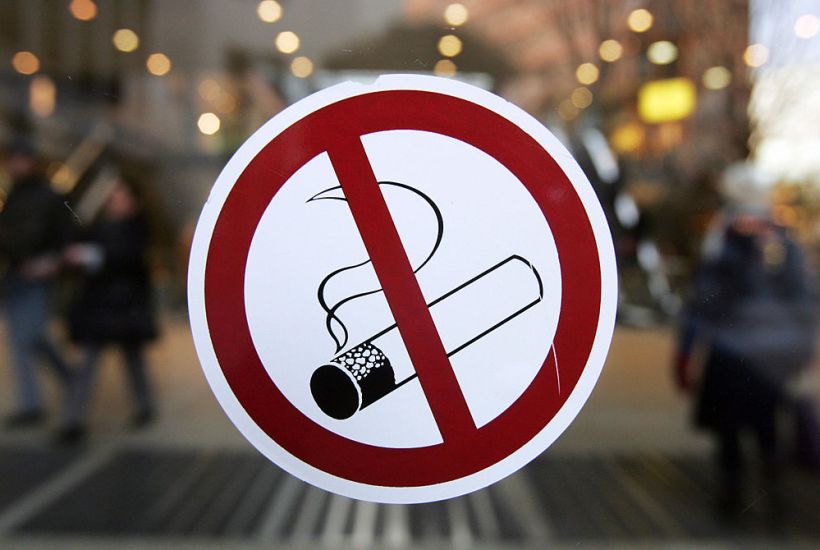One of the more emotive arguments thrown up against e-cigarettes and vaping is that multinational tobacco companies, including Philip Morris International, Imperial Tobacco and British American Tobacco, are eyeing the vaping market as a source of future profit.
That was highlighted on Thursday by a Fairfax Media yarn that revealed Philip Morris emailed its consumer contacts, suggesting they make personal submissions to a House of Representatives committee inquiry into the use and marketing of electronic cigarettes and personal vaporisers in Australia.
Already a subscriber? Log in
Subscribe for just $2 a week
Try a month of The Spectator Australia absolutely free and without commitment. Not only that but – if you choose to continue – you’ll pay just $2 a week for your first year.
- Unlimited access to spectator.com.au and app
- The weekly edition on the Spectator Australia app
- Spectator podcasts and newsletters
- Full access to spectator.co.uk

























Comments
Don't miss out
Join the conversation with other Spectator Australia readers. Subscribe to leave a comment.
SUBSCRIBEAlready a subscriber? Log in